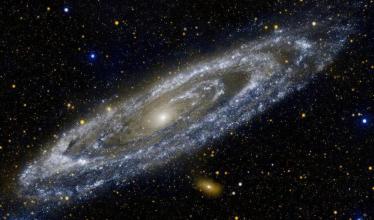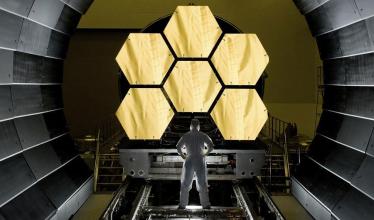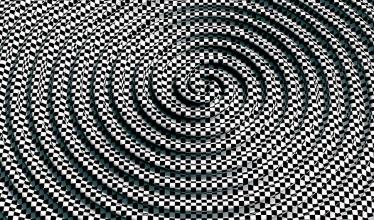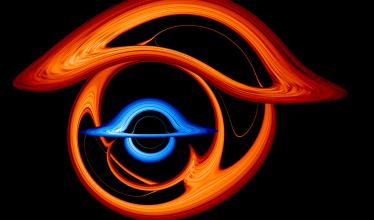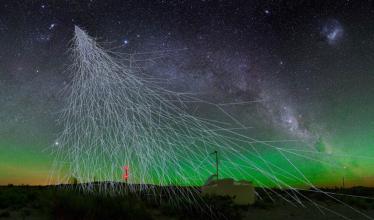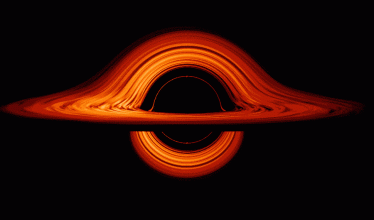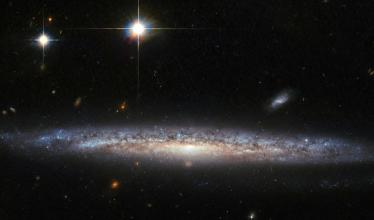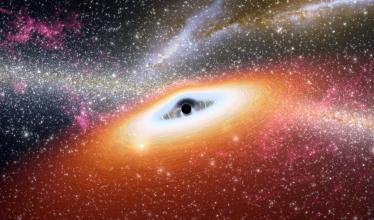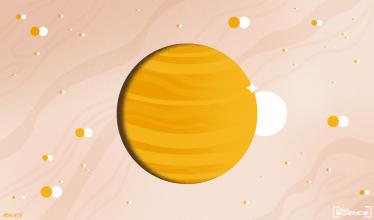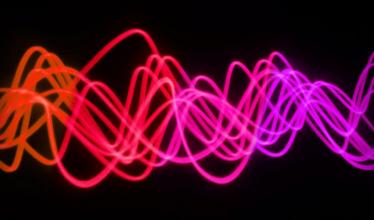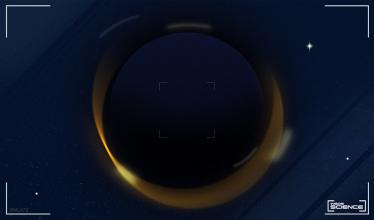Cosmology
A new paper hypothesizes how the amount of dark matter could have grown exponentially in the early universe.
A million miles from Earth, the James Webb Space Telescope will provide an unprecedented view of the early universe.
Noisy measurements of gravitational waves may illuminate what links gravity to other fundamental forces.
Errors in models used to interpret gravitational wave signals could misleadingly suggest deviations from relativity, a new study warns.
Rock core samples may carry marks made by cosmic rays up to billions of years old.
Theoretical astrophysicists predict that a glowing halo just outside the event horizon should surround all black holes.
Some scientists have been poking at the foundations of dark energy, but many say the concept remains on solid, if mysterious, ground.
Astrophysicists devised a new theory that may explain the formation of black holes with masses exceeding 50 times that of our own sun.
The new laureates discovered the first planet orbiting a solar-type star and improved our understanding of how the universe evolved.
A new paper proposes two experiments to test if the steadiest components in physics are really kind of shifty after all.
We have now seen what we thought was unseeable, team says.
Evidence of dark matter particles may be easier to find in ancient minerals than in the newest detectors.

